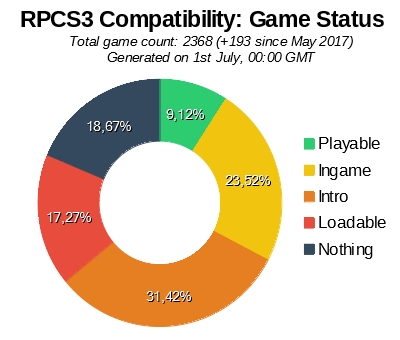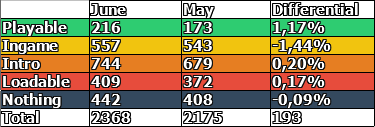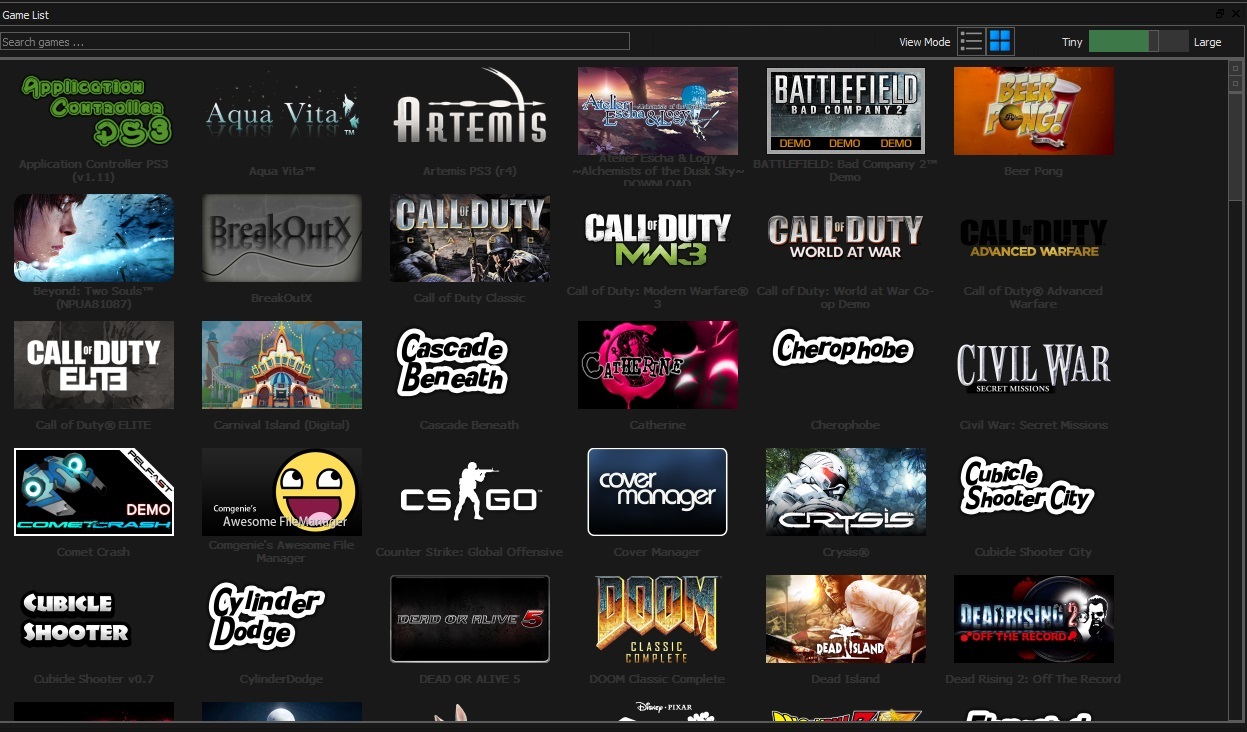Nearly six months after the Patreon launched the RPCS3 team have finally improved RPCS3 on Linux to the point where it has reached compatibility and stability parity with Windows. Thanks to the hard work by hcorion we can finally start to provide pre-compiled binaries in the form of AppImages for easy installation on your favorite distribution.
What Was the Issue?
There were a lot of problems. Back in January, quite literally nothing was working. RPCS3 would crash instantly upon booting any game, if the program itself would even start at all. Moreover, additional functionality like the debugger, framerate counter, and firmware installer were completely broken too. While many of these auxiliary issues were quickly identified and fixed, the fact of the matter was that almost every game would hang after running for a few seconds. This turned out to be much more difficult to fix. This was caused by several different bugs in thread synchronization which were fixed continuously in the past few months. Finally, one last relatively small commit in early April fixed the last bug and suddenly RPCS3 on Linux went from basically nothing to Demon’s Souls and [redacted]. Or so we though, but we quickly found out that the LLVM recompiler was completely broken for a lot of users who just got completely nonsense errors. We encountered strange and esoteric bugs and oddities about LLVM and how various Linux software, including the Mesa drivers, were using it. These problems made RPCS3 unusable for a lot of people. A lot of false flags and red herrings later the bugs were fixed not by changing any code, but by using rare compiler flags. RPCS3 on Linux is now working as intended for everyone, including AMD and Intel graphics users with modern Mesa. Even Vulkan with Mesa is now working!
PlayStation 3 Games on Linux
Below are some popular PlayStation 3 games showcased running on Linux. Performance is about the same as on Windows, perhaps even a few percent better in some very intensive games like [redacted]. But take note: These images were either captured on a laptop with a very old i7-2670qm CPU, or a fast desktop with a i7-4770 CPU.
Continue reading RPCS3 AppImages are now available for Linux!


